We are having issues implementing our SCIM API and making Azure happy in every scenario. Microsoft tries to provide for folks to configure how their active directory will map to the SCIM implementation with suggestions like:
emails[type eq "work"].value
but our current SCIM implementation struggles to support this mixture of filter expressions. We are able to support:
emails.value eq foo@example.com
And we are able to support
emails[type eq "work" and value eq "foo@example.com"]
But we struggle to support this mixture of [bracket expression] with the .value expression
My question is, "Is Microsoft doing something that goes against the RFC here?"
There are clearly others similar Issues reported to Jira.
here are some examples from the SCIM RFC
 .
.
We are currently using scim2_filter_parser to help with the conversion, but right now we throw up our hands if we get this combined query. I'm also curious how other SAAS organizations are handling this. We store only one email per User so we really only care about your "work" email. How common is it for SAAS/SCIM API providers to support multiple "types" of email?